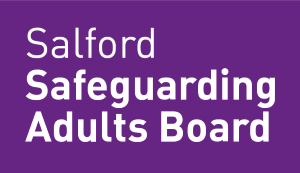‘Cuckooing’ is a form of criminal exploitation and the term used when criminals use or takes over a person's home for criminal purposes such as to cut, prepare, store or deal drugs or storing firearms and money relating to drugs. Criminals will often target and exploit adults who have vulnerabilities.
Initially perpetrators may approach the vulnerable person offering free drugs or other things they may need; however, this may progress to threats of violence, and/or the victim being made to pay off drug debts through use of their home and/or to assist in drug dealing. Victims may be forced to stay in their bedroom or are prevented from freely using rooms in their home such as their kitchen / living room. They are usually intimidated and left with little choice but to cooperate. Sexual assaults or exploitation may also take place.
Drug networks / gangs are likely to target several people who live close by to each other so they can quickly move between the different properties and avoid getting caught.
Older children/young people are also being exploited by older criminals to enter properties that have been cuckooed and are used as drug runners and for manning the drugs (mobile telephone) line.
